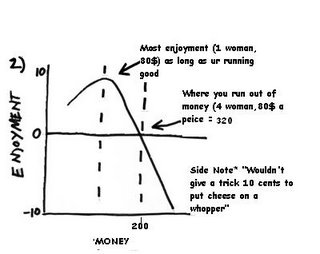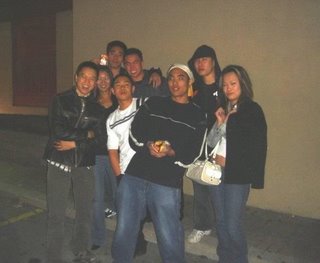The Poker Business

Playing poker is like running a business. You must know the ins and outs of your business and the financial situation of your business. You need to be able to make short-term and long-term decisions and know the consequences of your actions. In the GTA there are over 300 new restaurants that open yearly and another 300 the year after that. Does that mean that the restaurant business in the GTA is prospering? No, it doesn’t, because with every 300 restaurants that open, 250 shut down! Why do these business’s shut down, it is because of poor financial management!. These owners spend thousands of dollars renovating and when you take a look at the restaurant there are 4 tables and always 2 are open tables. You cannot generate revenue if you don’t have the necessary equipment to do so. Owners spend so much time making everything look great that they don’t understand the financial aspect of meeting your expenditures and are forced to shut down.
How does this relate to poker? Well it is simple. Have you ever played buy in games that are over your bankroll? Have you ever played higher limits where you are overmatched in skill? I have seen a lot of talented players go broke trying to make the big score. But if you treat your bankroll as a business you will never end up putting everything on the line. That is why one of the most important issues that I try to stress in poker is Bankroll Management. Your bankroll is imperative to your survival in this game. I recommended the 3 rule .. 300 big bets for cash games, and at least 30x the buy in for tournaments and sit-n-goes. The number 3 is key; it’s a prime number and can’t be divided by itself. 3 musketeers, 3 point-turn, 3 pointer, 3’s company, and 3 some. 3333333…
Just because you have enough money to move up to a certain level doesn’t mean that you’re ready to go. The Peter Principle is used in business to describe the effectiveness to a certain degree. For instance, if you’re an employee and you get promoted to a job you will eventually get promoted to a position where you can not go any higher. At this point it actually would be more effective for you to go down a level, in order to have that sense of climbing to a goal. In poker, You may be able to hold your own at that level but not excel. I will give you an example from my personal experience. When I was playing sng’s at pokerstars, I started off playing the ‘16$ buy in turbos’, eventually I would make the money all the time. Then as time progressed I would win it 3 out of 4 tries. So I moved up from $16, to $27, $60, $114, and $235 steadily. When I was at the 114$buy ins I wouldn’t win as frequently and started to find myself out of the money. And I would try to make it up by playing more buy ins. Note that I would play 4-5 buy in sng’s a day. As I started losing, I realized that I was getting outplayed or making mistakes that could not be made at this level, because poker is a game of mistakes, once you make 1 or 2 at this level you are basically out. So I started to dip back in the 60’s and found that I could consistently win. What I am trying to prove here is that you don’t have to be a big shot and play over your bankroll just to prove to yourself that your good, proving that you’re good is taking care of your business. Finding ways to maximize your profits and minimizing your cost. So remember when you decide to sit down at the table, your business is now open. Take time and watch your business grow, takes years for actual companies to become multimillion dollar corporations.
*Note. These theories are what I think is most effective, it may not apply to all but most, in other words if shit fuks up don’t blame me, blame yourself. Do what is in your best interest, I am only a guide.



